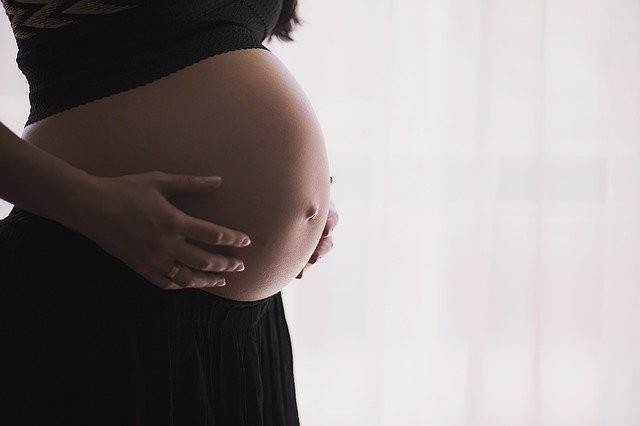Fearing For Birth Tourism, U.S. to Impose Visa Restrictions for Pregnant Women
Since the start of his administration, President Donald Trump has been restricting all forms of immigration, and recently the president has further intensified his anti-immigration efforts by coming out with new visa restrictions aimed at restricting "birth tourism," according to an article by NBC News.
Birth tourism refers to the practice of some pregnant women wherein they would travel to the U.S. to give birth so their children can have a coveted U.S. passport.
Birth tourism has been a lucrative business not only in the U.S. but also in other countries. American companies even take advantage of this by producing advertisements and charging up to $80,000 to facilitate the practice, including offering hotel rooms and medical care. Most women who take this advantage come from countries Russia and China.
Coming to the U.S. to give birth is fundamentally legal. In fact, women are often honest about their intentions when applying for visas and even show signed contracts with doctors and hospitals. However, there are scattered cases of authorities arresting operators of birth tourism agencies for visa fraud or tax evasion even before Trump took over the presidency.
Although there are no figures on how many foreign women travel to the U.S. specifically to give birth, the Center for Immigration Studies, a group that advocates for stricter immigration laws, provided an estimate that about 36,000 foreign-born women gave birth in the U.S., then left the country in 2012.
Two officials who asked not to be named and have the knowledge of the plans revealed to The Associated Press that the State Department planned to publicize the rules Thursday which targets pregnant women travelling on tourist visas. In one draft of the regulations, they would be required to provide another legitimate reason to come to the U.S.
The POTUS has been rallying against the issue of birthright citizenship which states that, under the Constitution, anyone born in the U.S. is considered a citizen. Trump has previously threatened to end it, but many scholars and members of his administration claim that it's not easy to implement.
According to the State Department spokesperson, the draft rule is "intended to address the national security and law enforcement risks associated with birth tourism, including criminal activity associated with the birth tourism industry."
Regulating tourist visas for pregnant women is one way to get at the issue, but there are loopholes on the implementation of the said restriction such as the way officers would determine whether a woman is pregnant to begin with, and whether a woman could get turned away by border officers who suspect she may be just by looking at her.
As of writing, consular officers right now have not received any order to raise questions relating to the restriction during visa interviews to determine whether a woman is pregnant or intends to become so. But they would have to make sure whether a visa applicant would be coming to the U.S. primarily to give birth.
When Trump ran in 2016, he promised to crack down on illegal immigration during his campaign and spent much of his first term fighting lawsuits trying to halt his anti-immigrant efforts including building a wall along the southern border to prohibit the entry of citizens from several majority-Muslim countries and cracking down on migrants seeking asylum in the U.S.
Subscribe to Latin Post!
Sign up for our free newsletter for the Latest coverage!















